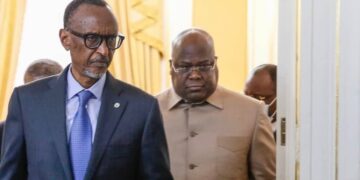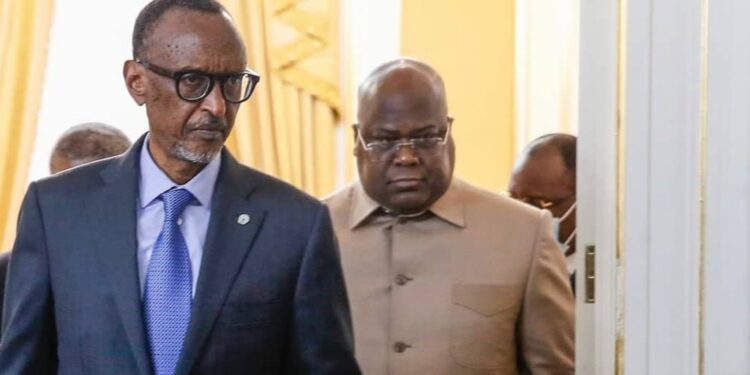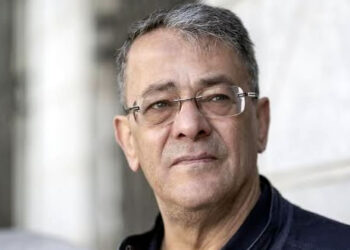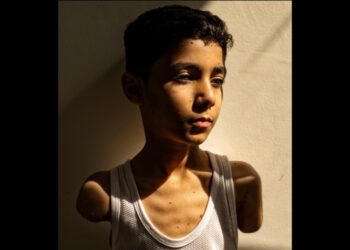By Enyichukwu Enemanna
Religious leaders in the crisis-ridden region of the Democratic Republic of Congo (DRC) are considering organising peace talks, aiming to bring President Félix Tshisekedi’s government and the Rwanda-backed M23 rebels to the table for dialogue, officials said on Wednesday.
“We, the two churches, Catholic and Protestant, are trying to get the whole world around one table,” Msgr. Donatien Nshole, secretary-general of the influential Catholic Bishops’ Conference (CENCO), said in an interview in Kenya’s capital, Nairobi, where he met with President William Ruto to discuss how to combine regional mediation efforts with national ones.
The effort, which will also include exiled opposition figures as part of the dialogue, would require persuading Tshisekedi who has refused to sit down with the rebels he brands terrorists to join the discussions.
This planned dialogue comes as M23 continues to advance after taking control of eastern Congo’s two largest cities.
The church-backed dialogue is the latest push for a resolution, as anxiety rises in the capital, Kinshasa, with some officials seeking to leave amid fears that the democratically elected government could be toppled.
Millions of people have been displaced by the rebels in eastern Congo, with several thousand killed, according to U.N. figures.
It comes amid concerns that the M23 could ignite a regional war In East Africa.
Nshole and Reverend Eric Nsenga of the Church of Christ in Congo (ECC), a union of dozens of Protestant denominations, spoke ahead of their return to Congo following a diplomatic tour with stops in Goma, Brussels, and Kigali.
They met rebel leader Corneille Nangaa, Rwandan President Paul Kagame, and Congolese opposition figures such as Moïse Katumbi and loyalists of former President Joseph Kabila.
On Thursday, they plan to hold a prayer event in Lubumbashi, announcing a national dialogue initiative that will cover issues ranging from the country’s mining policies to the disarmament of armed groups.
U.S. think tank the Pew Research Center estimates that 95.8% of Congo’s population is Christian, almost evenly split between Catholics and Protestants.
Congo’s vast mineral resources “are the object of desire at several levels,” Nsenga said, adding that “their role is central” in drawing in various actors.
Multiple attempts to solve the conflict diplomatically have failed, with Tshisekedi skipping two consecutive African-organised summits addressing it, including last weekend’s African Union summit in Addis Ababa.
The M23, predominantly of the Tutsi ethnic group, is advancing in what is seen as a grave escalation in more than a decade of the long-running conflict in eastern Congo, rooted in the spillover of Rwanda’s 1994 genocide into Congo and the struggle for control of the country’s vast mineral resources.
Rwanda rejects allegations from Congo, the United Nations, and Western powers that it supports M23 with arms and troops.
It instead claims it is defending itself against the threat from a Hutu militia, which it says is fighting alongside the Congolese military.



































